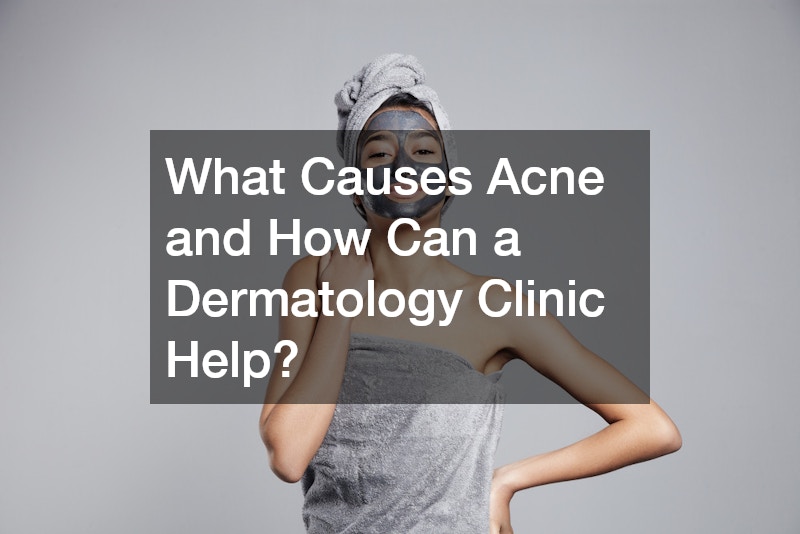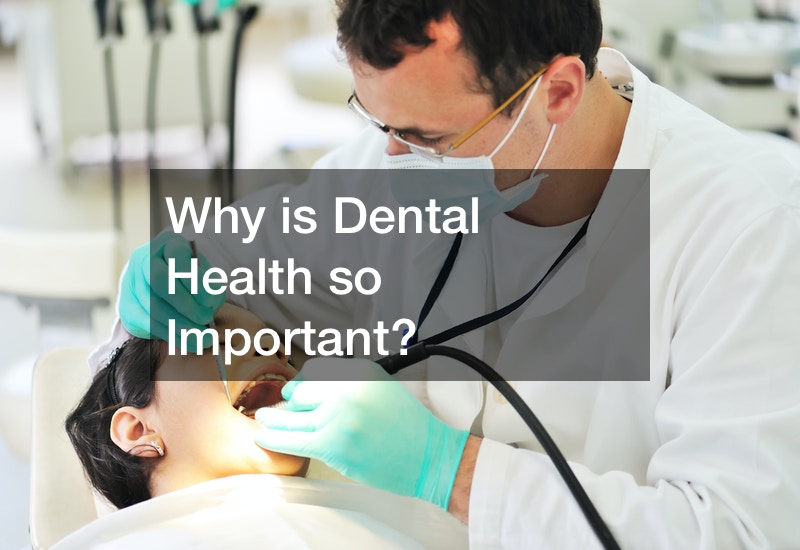
Acne is a common skin condition that affects millions of people worldwide, regardless of age or gender. While it is most commonly associated with teenagers, adults can also experience acne, which can have a significant impact on self-esteem and quality of life. Understanding what causes acne and how a professional, such as an Arizona dermatology clinic, can help, is essential for those who struggle with persistent breakouts. In this blog, we’ll explore the common causes of acne and how dermatologists can offer effective treatment options.
What Causes Acne?
Acne develops when hair follicles become clogged with oil, dead skin cells, and bacteria. Several factors can contribute to this process, leading to the formation of whiteheads, blackheads, and pimples. Let’s look at some of the most common causes of acne:
Excess Oil Production
Sebaceous glands in the skin produce sebum, an oily substance that helps keep the skin hydrated. However, when the body produces too much sebum, it can mix with dead skin cells and clog the pores. These clogged pores then become the perfect environment for bacteria to thrive, leading to inflammation and acne. Hormonal changes, especially during puberty or menstruation, can trigger increased oil production, leading to breakouts.
Hormonal Fluctuations
Hormonal changes are one of the main culprits behind acne, particularly in teenagers and women. During puberty, the body undergoes hormonal fluctuations that can increase sebum production, leading to clogged pores. Similarly, women may experience hormonal acne during menstruation, pregnancy, or menopause. The hormones responsible for these changes, including androgens, can stimulate the sebaceous glands to produce more oil, leading to breakouts.
Bacteria
The bacteria Propionibacterium acnes, commonly known as P. acnes, naturally resides on the skin. When pores become clogged, these bacteria can multiply, leading to inflammation, redness, and pustules. The body’s immune response to this bacterial overgrowth can worsen the severity of acne.
Dead Skin Cells
The skin naturally sheds dead skin cells to make way for new ones. When this process doesn’t occur properly, dead skin cells can accumulate and mix with sebum, leading to clogged pores. Regular exfoliation can help prevent the buildup of dead skin cells, but it must be done carefully to avoid irritating the skin.
Genetics
Genetics can also play a role in determining whether someone is prone to acne. If your parents had acne, you are more likely to experience it as well. Genetic factors can affect how your skin responds to hormonal changes, how much oil your glands produce, and how your body handles inflammation.
Diet and Lifestyle
Certain dietary and lifestyle factors may contribute to acne development. Diets high in sugar, dairy, and processed foods can lead to spikes in insulin, which may increase sebum production and lead to breakouts. Stress is another factor that can exacerbate acne, as it causes the body to produce more cortisol, which in turn can increase oil production.
How Can an Arizona Dermatology Clinic Help?
If you are struggling with persistent or severe acne, seeking help from an Arizona dermatology clinic can make a world of difference. Dermatologists are experts in diagnosing and treating skin conditions, and they can offer a variety of treatments tailored to your specific needs. Here’s how a dermatology clinic can help you manage and treat acne:
Accurate Diagnosis
A dermatologist will conduct a thorough examination of your skin to determine the type and severity of your acne. This is crucial in identifying the underlying causes and selecting the most effective treatment plan. Sometimes, what appears to be acne may be a different skin condition that requires a different approach.
Prescription Medications
For moderate to severe acne, over-the-counter products may not be sufficient. A dermatologist can prescribe medications that are more potent and effective, such as topical retinoids, antibiotics, or oral medications like isotretinoin. Topical retinoids can help unclog pores, while antibiotics can reduce inflammation and bacterial growth. Hormonal treatments, such as oral contraceptives, can also be prescribed to regulate hormonal fluctuations that contribute to acne.
In-Office Treatments
An Arizona dermatology clinic can provide advanced in-office treatments that target acne at its source. Chemical peels, laser therapy, and light therapy are some of the options that can help reduce breakouts and improve skin texture. Chemical peels use special acids to exfoliate the skin and remove dead cells, while laser and light therapies target bacteria and reduce inflammation.
Personalized Skincare Routine
A dermatologist can help you develop a personalized skincare routine that is suitable for your skin type and acne severity. They can recommend products that are non-comedogenic (won’t clog pores) and effective at managing oil production and reducing breakouts. Using the right cleansers, moisturizers, and treatments is essential to maintaining healthy, clear skin.
.




